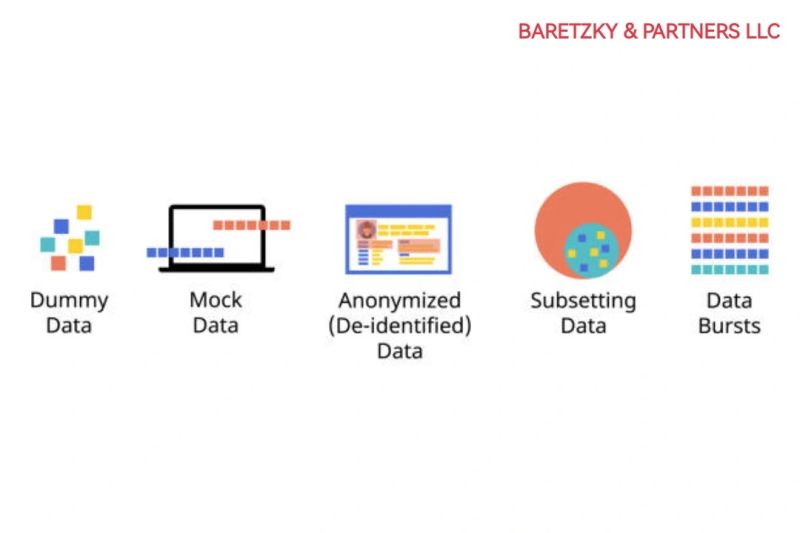
These buffers are essentially reserves or margins that are deliberately integrated into systems or strategies to mitigate risks. Their purpose is to absorb unexpected fluctuations, prevent disruption, and ensure stability during unforeseen events.
In financial risk management, for example, buffers can be capital reserves that financial institutions are required to hold above the minimum regulatory requirement. These reserves protect banks or firms from unexpected market volatility, credit defaults, or operational failures. The size of the buffer reflects the institution’s risk profile, with higher-risk entities typically needing larger buffers. By having this additional cushion, firms are better equipped to navigate financial downturns, maintaining solvency and avoiding cascading failures.
In project management, time buffers may be incorporated into schedules to account for delays, unforeseen technical challenges, or resource shortages. A project manager may build a few extra days into each task deadline, ensuring that the project is not derailed if one task takes longer than expected. This type of risk management buffer helps in maintaining timelines and reducing stress on teams when unexpected delays occur.
In supply chain risk management, inventory buffers are common. A business may hold extra stock to ensure production can continue smoothly, even when there are supplier delays or increased demand. Such buffers can be crucial in industries where just-in-time delivery is the norm, and disruptions could lead to significant financial losses.
The use of built-in buffers, however, comes with trade-offs. While they offer safety against risks, they can also lead to inefficiency. Holding extra capital, inventory, or time can be costly and reduce overall profitability. Hence, the size and type of buffers need careful consideration to balance the trade-off between security and cost. Effective risk management, therefore, involves determining the optimal level of buffers to ensure resilience without unnecessary waste.
WWW.BARETZKY.NET




















